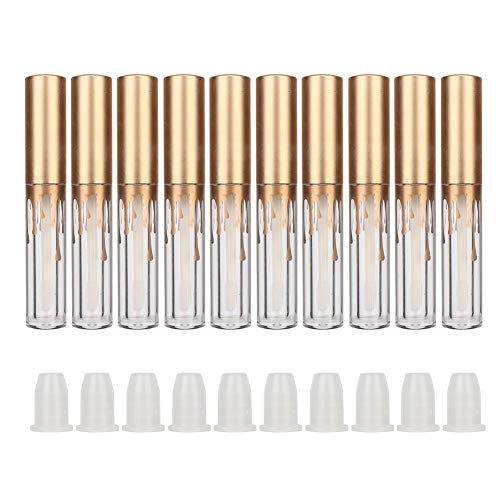acpeacemaker
Well-known member
Since I didn't see it in the comments.... The addition of water to acid will not neutralize it. It's just a creation of a larger volume of waste thats still going to be an acid.
Andrew
Andrew

acpeacemaker said:Since I didn't see it in the comments.... The addition of water to acid will not neutralize it. It's just a creation of a larger volume of waste thats still going to be an acid.
Andrew
Point taken, and we'll noted. Thank youGeo said:acpeacemaker said:Since I didn't see it in the comments.... The addition of water to acid will not neutralize it. It's just a creation of a larger volume of waste thats still going to be an acid.
Andrew
It's true that it doesn't neutralize it but it does raise the PH value by dilution to neutral PH. Diluting an acid makes it weaker. You can dilute acid in enough water that the acid is not detectable. It does create a lot of waste solution. It will need to be condensed and evaporated. The energy cost will need to be factored in to any profit.
anachronism said:So are we getting pictures or did I miss them?





To change the pH one step closer to 7 you need to dilute the liquid about 10 times, more so if you are close to 7. You can never neutralize acid or base by dilution, only getting it closer to neutral.Geo said:acpeacemaker said:Since I didn't see it in the comments.... The addition of water to acid will not neutralize it. It's just a creation of a larger volume of waste thats still going to be an acid.
Andrew
It's true that it doesn't neutralize it but it does raise the PH value by dilution to neutral PH. Diluting an acid makes it weaker. You can dilute acid in enough water that the acid is not detectable. It does create a lot of waste solution. It will need to be condensed and evaporated. The energy cost will need to be factored in to any profit.
Thank you for sharing your knowledge, much appreciatedg_axelsson said:To change the pH one step closer to 7 you need to dilute the liquid about 10 times, more so if you are close to 7. You can never neutralize acid or base by dilution, only getting it closer to neutral.Geo said:acpeacemaker said:Since I didn't see it in the comments.... The addition of water to acid will not neutralize it. It's just a creation of a larger volume of waste thats still going to be an acid.
Andrew
It's true that it doesn't neutralize it but it does raise the PH value by dilution to neutral PH. Diluting an acid makes it weaker. You can dilute acid in enough water that the acid is not detectable. It does create a lot of waste solution. It will need to be condensed and evaporated. The energy cost will need to be factored in to any profit.
So if you have 1 liter of acid at pH 2, to get to pH 5 you need to dilute it at least to 1000 liters.
Dilute 1 liter of pH6 to 10 liter gets you to pH 6.72, not pH 7.
Göran
g_axelsson said:To change the pH one step closer to 7 you need to dilute the liquid about 10 times, more so if you are close to 7. You can never neutralize acid or base by dilution, only getting it closer to neutral.Geo said:acpeacemaker said:Since I didn't see it in the comments.... The addition of water to acid will not neutralize it. It's just a creation of a larger volume of waste thats still going to be an acid.
Andrew
It's true that it doesn't neutralize it but it does raise the PH value by dilution to neutral PH. Diluting an acid makes it weaker. You can dilute acid in enough water that the acid is not detectable. It does create a lot of waste solution. It will need to be condensed and evaporated. The energy cost will need to be factored in to any profit.
So if you have 1 liter of acid at pH 2, to get to pH 5 you need to dilute it at least to 1000 liters.
Dilute 1 liter of pH6 to 10 liter gets you to pH 6.72, not pH 7.
Göran